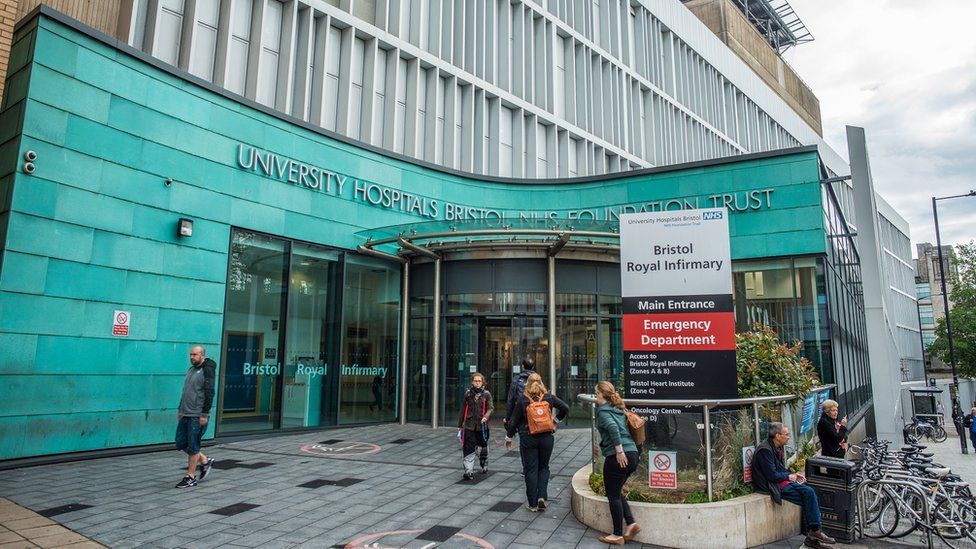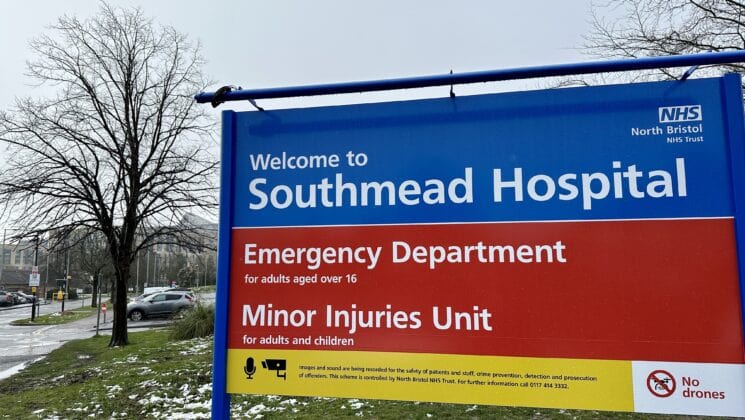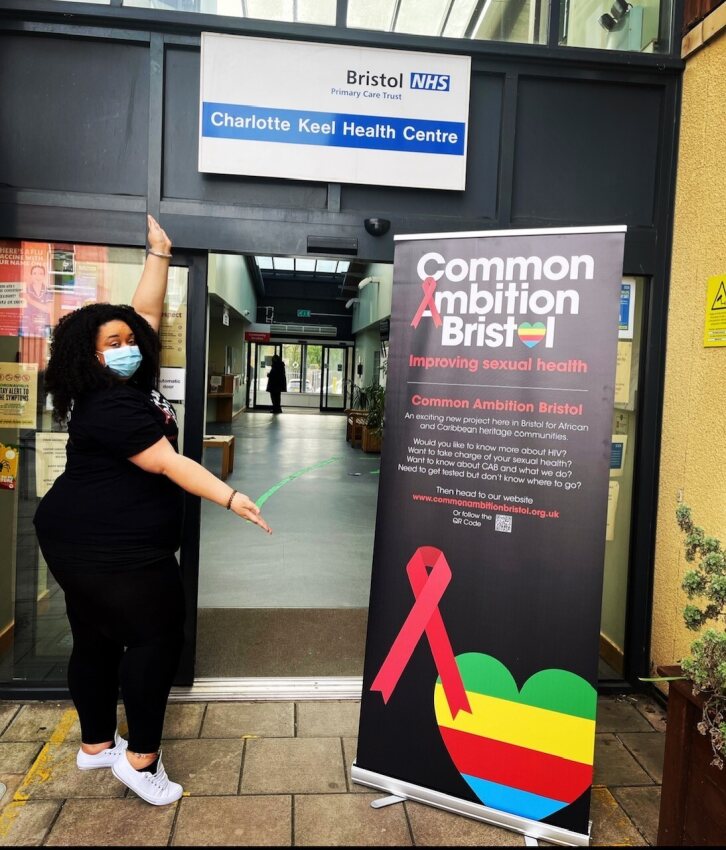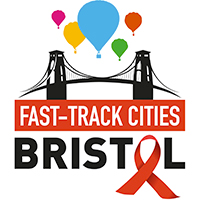increasing
Testing
increasing Testing
If you have HIV, finding out means you can start free treatment, stay healthy and not pass the virus on to anyone else. Getting an HIV test is the only way to find out if you have HIV as symptoms may not appear for many years. Fast-Track Cities Bristol is working to get more people tested across our city.
In 2019, Fast-Track Cities Bristol set up a working group to look at increasing HIV testing, to make sure that all of our communities in Bristol have every opportunity to get tested. The group is chaired by Adele Wolujewicz, Consultant in Genitourinary Medicine and HIV Medicine.
The ‘Increasing HIV Testing’ group brings together people from the voluntary sector, the NHS, Bristol City Council, academics and members of the public to develop strategies for increasing HIV testing in Bristol. This includes working with Bristol, North Somerset and South Gloucestershire (BNSSG) Integrated Care Board, GPs and pharmacies to promote better access to HIV testing.
Emergency Departments opt-out and blood borne virus testing
We are working with the NHS and partners to support the roll out of testing of blood-borne viruses – HIV, hepatitis-B and hepatitis-C – in Bristol and Weston-Super-Mare Emergency Departments. These viruses are easy to test for at the same time. Treatment is straightforward too. By routinely testing for all three we aim to diagnose and treat more people and normalise the testing process to help reduce stigma.
We are working with the NHS and partners to support the rollout of testing for blood-borne viruses – HIV, hepatitis B and hepatitis C in Bristol and Weston-super-Mare Emergency Departments. Through making testing routine it becomes normalised which helps to reduce stigma. Expanding testing also helps more people get the treatment they need to stay well and reduce the risk of complications. Treatment is usually straightforward too.
The team is working with HIV, the HIV sector, BNSSG Integrated Care System, our Emergency Departments, and HIV and hepatitis clinicians, and public health to make sure this new initiative has maximum impact and supports Bristol’s ambition of getting to zero new HIV infections by 2030.
Our University of Bristol colleagues are evaluating the national rollout of Emergency Department opt-out blood-borne virus testing which enables them to produce recommendations for implementation.


Vending Machines for HIV tests
We have worked together to install four vending machines for sexually transmitted infections (STI, including HIV) tests across Bristol, North Somerset and South Gloucestershire to increase access to testing.
The pilot evaluated usage, views of people using the machines, and users found the service acceptable. Uptake was high in public settings, especially among young people as well as men-who-have-sex-with-men but who otherwise don’t regularly test for STIs or HIV. People using the service valued the machines for their convenience and instant access.
Find out more about where the vending machines are and how to use them
Sharing Our Learning
We shared what we have learned from our vending machines pilot with the British Association of Sexual Health & HIV (BASHH) and we continue to monitor the use and success of these vending machines.

Supporting African and Caribbean heritage communities
We know that, in Bristol, people from Black African and Caribbean heritage communities are disproportionately affected by HIV.
Our Bristol Fast – Track Cities programme supports the Common Ambition Bristol (CAB) project, a community driven co-production project led by Brigstowe, working with African and Caribbean heritage communities to introduce new ways to reduce HIV stigma and improve HIV testing.
Along with building trust and raising awareness in communities through successful co-production with the community and partners, CAB now delivers an outreach programme to over 30 barbershops and black owned businesses, providing advice and condoms as well as providing 2 dedicated sexual health walk-in clinics for African and Caribbean heritage communities.
The project is a successful collaboration between Brigstowe, African Voices Forum, University Hospitals Bristol and Weston NHS Foundation Trust, Bristol City Council and the University of Bristol.
Future Plans
- Roll out opt-out blood borne virus testing in our Emergency Departments
- Increase HIV testing and explore delivery of PrEP (pre-exposure prophylaxis) in GP surgeries. See Report here
- Expand testing in community venues and promote HIV Testing Week 2025
For more information on where you can get a test for HIV please click here.
